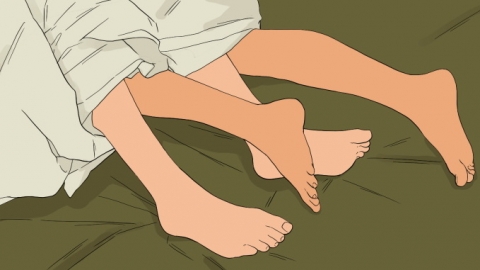Can you have sexual intercourse with a low-risk type of HPV?
Generally, whether sexual intercourse is permissible with a low-risk HPV infection depends on the infection status. If the virus has not been cleared but there are no obvious symptoms, intercourse may be possible with proper protection. However, if symptoms such as genital warts appear, treatment should be completed before considering resuming sexual activity. Detailed analysis is as follows:

If no genital warts develop after infection with a low-risk type of HPV and a doctor confirms stable condition, using condoms during intercourse can reduce the risk of transmitting the virus to a partner. Regular follow-up examinations are also necessary to monitor viral clearance and prevent cross-infection due to unprotected contact.
If genital warts—such as genital warts—develop after infection with a low-risk HPV type, sexual intercourse is not recommended. Follow medical advice to use topical medications such as imiquimod cream, podophyllotoxin solution, or fluorouracil ointment, or undergo treatments like laser therapy or cryotherapy to remove warts. Only after complete resolution of warts and confirmation of stable condition by a physician should sexual activity be cautiously resumed with protective measures.
In daily life, maintain good personal hygiene by keeping the genital area clean and dry, and avoid having multiple sexual partners. Clean the genital area before and after intercourse, and undergo regular HPV testing along with gynecological or urological examinations. Adopting a healthy lifestyle to boost immunity can aid in clearing the virus and maintaining reproductive health.





